Complications during Pregnancy
Pregnancy complications are hard to predict. Sometimes a woman with a known risk factor, such as obesity, has a perfectly healthypregnancy, while one with a normal weight develops a serious complication that puts her and her baby's life at risk.
Fortunately, with proper preventative care, the risk of developing problems during pregnancy can be reduced to a minimum. Continue reading to learn about the most prevalent pregnancy-related complications and what they mean to you and your baby.
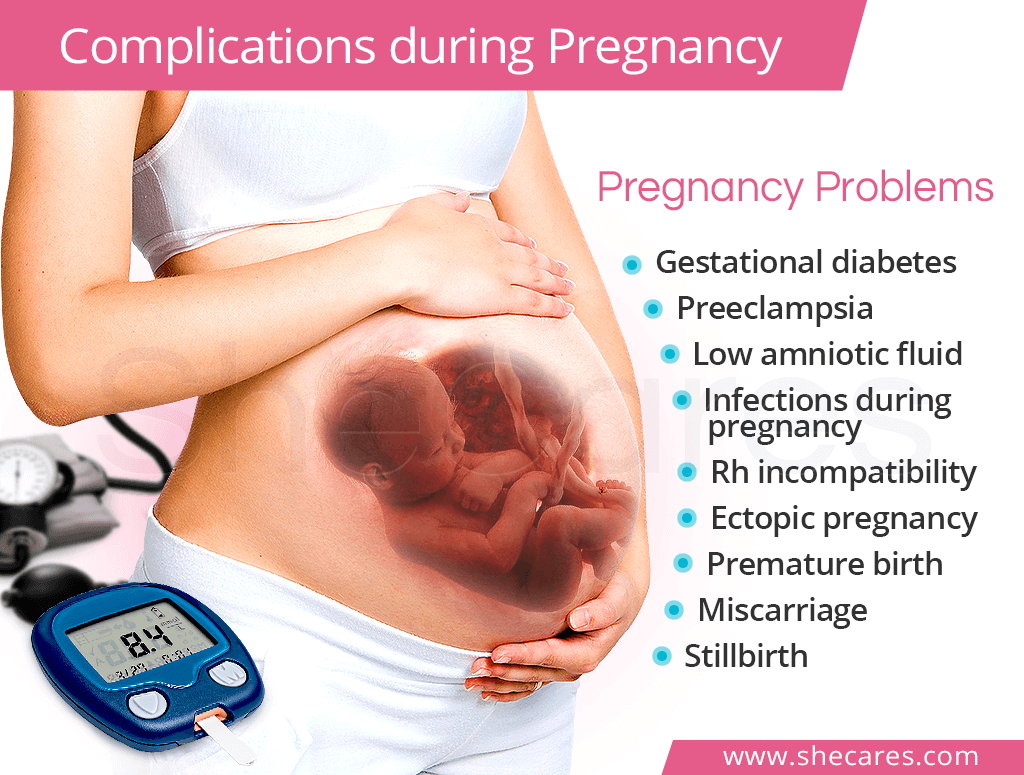
Pregnancy Problems
Below you will find a list of the most common problems that can arise during nine months of pregnancy. You will learn useful tips on how to recognize their signs and symptoms, lower the risk of developing them, and effectively manage them to reduce their effects on your and your baby's well-being.
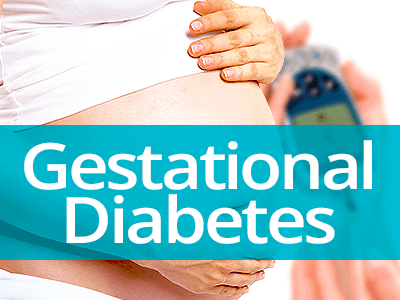
Gestational Diabetes
It is a type of diabetes that suddenly appears during pregnancy and disappears after birth. Although it can affect the growth of the baby and cause complications during delivery, proper management can lessen its effects on pregnancy.

Preeclampsia
It is one of the most serious pregnancy complications whose only treatment is a pre-term delivery. Its likelihood can be decreased with wholesome practices, such as a balanced diet and addiction control.

Low amniotic fluid
Insufficient levels of amniotic fluid can complicate pregnancy and result in premature delivery. However, there are a number of ways to increase it, so a woman can bring her baby safely to term.
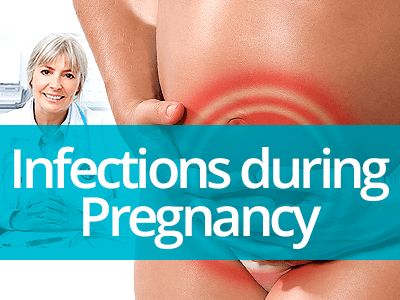
Infections during Pregnancy
Certain infections acquired during pregnancy, such as urinary tract infection or toxoplasmosis, can potentially cross the placenta and cause serious complications.
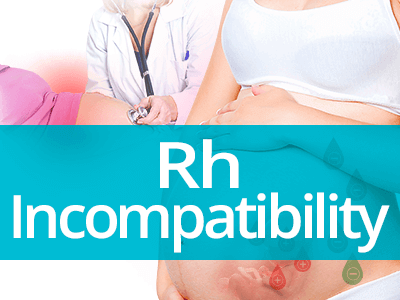
Rh Incompatibility
It occurs when an Rh-negative woman is exposed to an Rh-positive blood during pregnancy and delivery. While not harmful to the mother, this pregnancy complication can have serious effects on the developing baby.
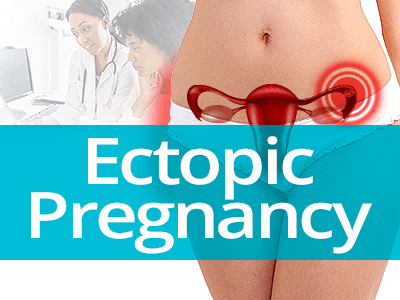
Ectopic Pregnancy
It occurs when a fertilized egg attaches itself outside the uterus, complicating the natural progression of pregnancy. Since the fetus can only develop in the uterus, ectopic pregnancies always end with its death.
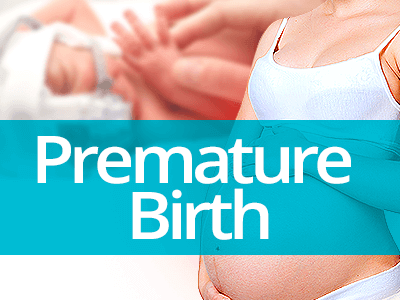
Premature birth
It is a birth that happens more than three weeks before the estimated due date, or before the 37th week of gestation. Babies born prematurely require special care at the hospital to avoid further, potentially life-threatening complications.
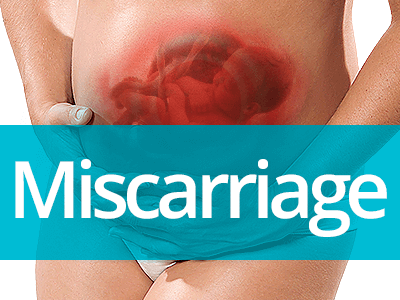
Miscarriage
Defined as a spontaneous fetal loss that occurs in the first 20 weeks of gestation, miscarriage is one of the most common pregnancy complications. Various risk reduction habits has been found to decrease the risk of miscarrying.

Stillbirth
It is a fetal loss that occurs after the 20th week of gestation either in utero or during labor and delivery. Up to 50% cases of stillbirth do not provide the parents with a clear cause of this difficult pregnancy complication.
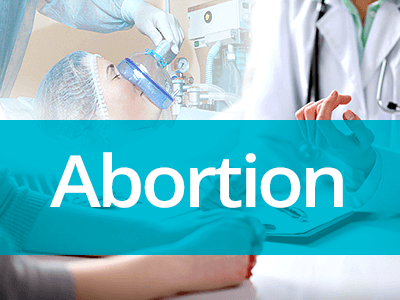
Abortion
It is an intentional termination of pregnancy, which can be performed due to certain complications endangering a woman's life or due to her personal choice. Abortion, whether done through medications or surgery, is generally safe and does not involve serious health risks.
Key Takeaways
Having chronic health conditions prior to getting pregnant does not necessarily mean that your pregnancy will be complicated. However, it does mean that you are at an increased risk of developing problems during pregnancy. As much as possible, women are advised to plan their pregnancy ahead of time. Those with pre-existing conditions, such as diabetes, thyroid disease, or STDs, should strive to control them for at least 6 months before getting pregnant to avoid the above-mentioned complications. A well-developed plan, which includes taking prenatal vitamins or supplements, like Macafem, and implementing healthy lifestyle habits, can help you decrease the risk of serious complications and give your baby a head start in life.